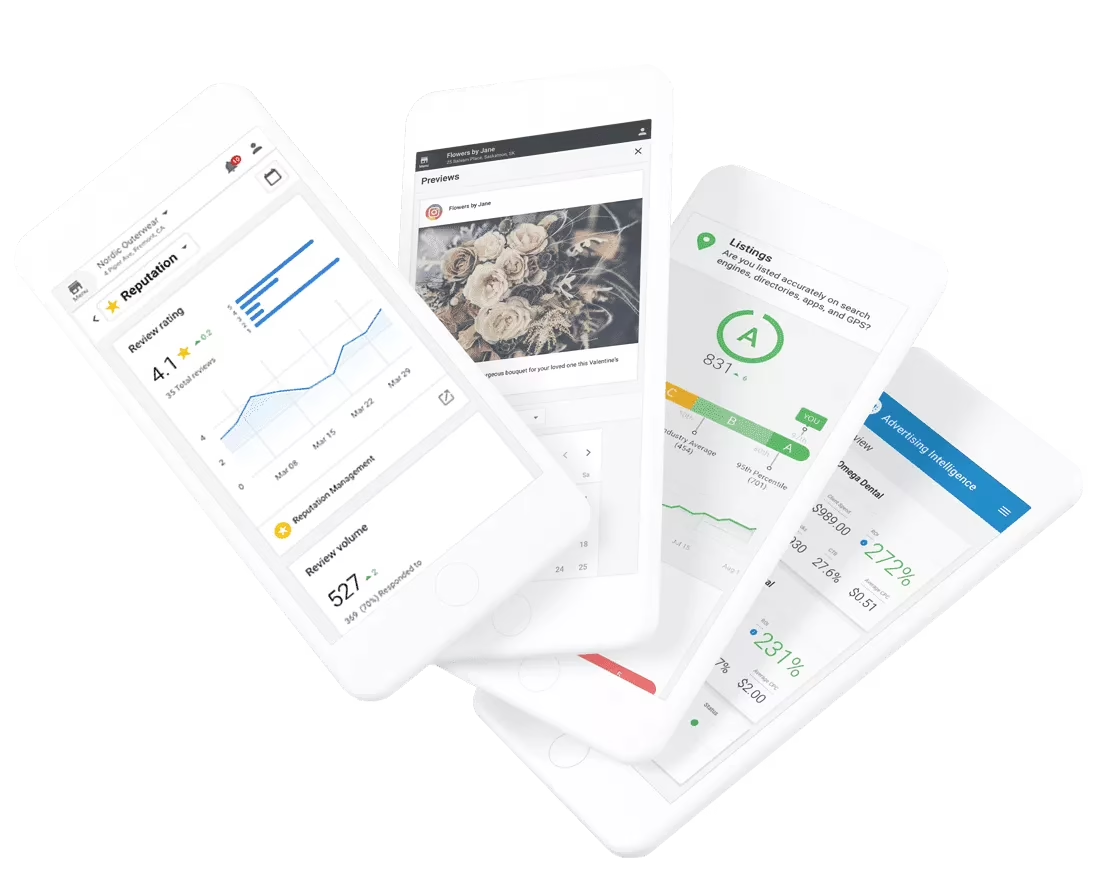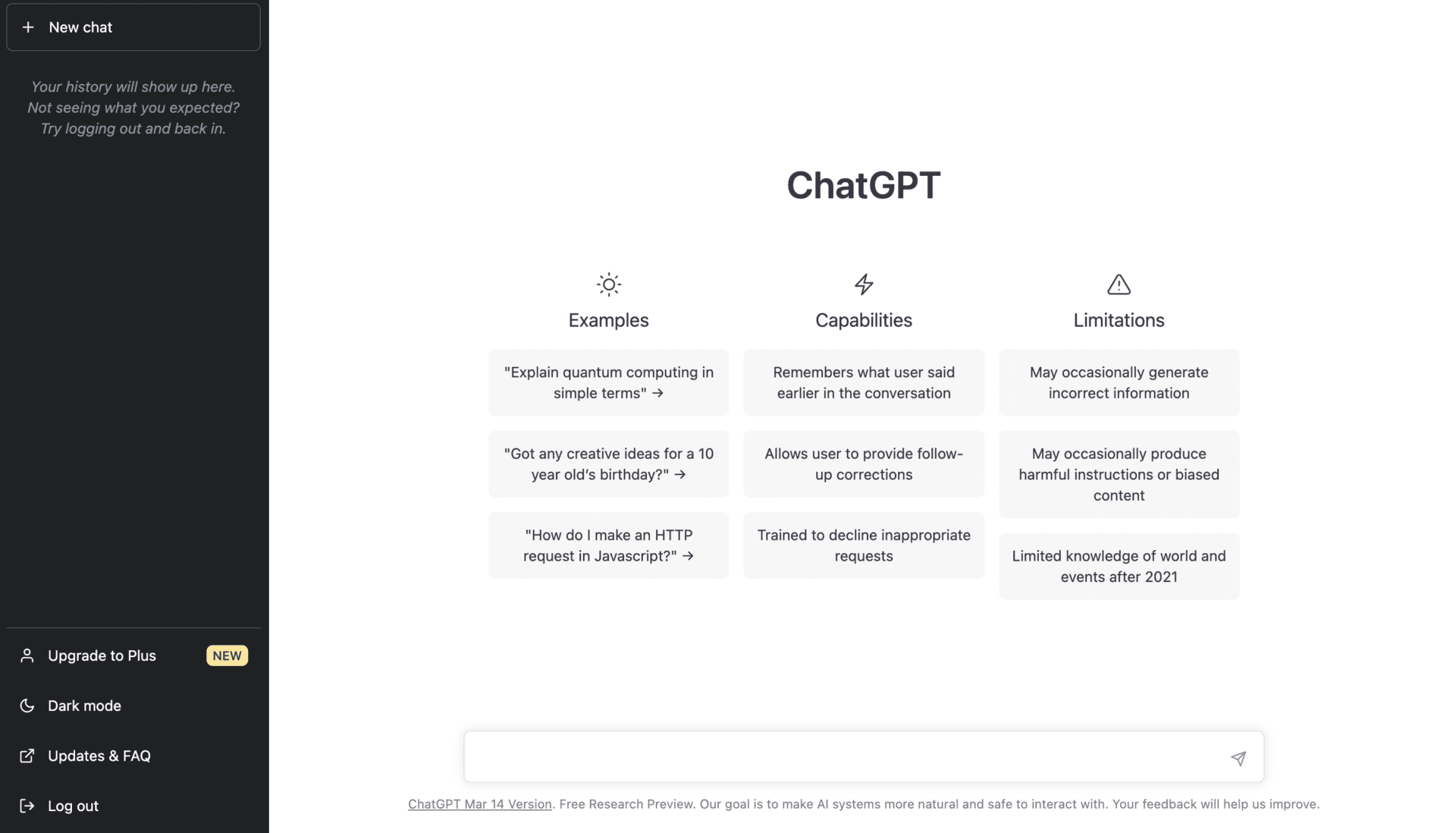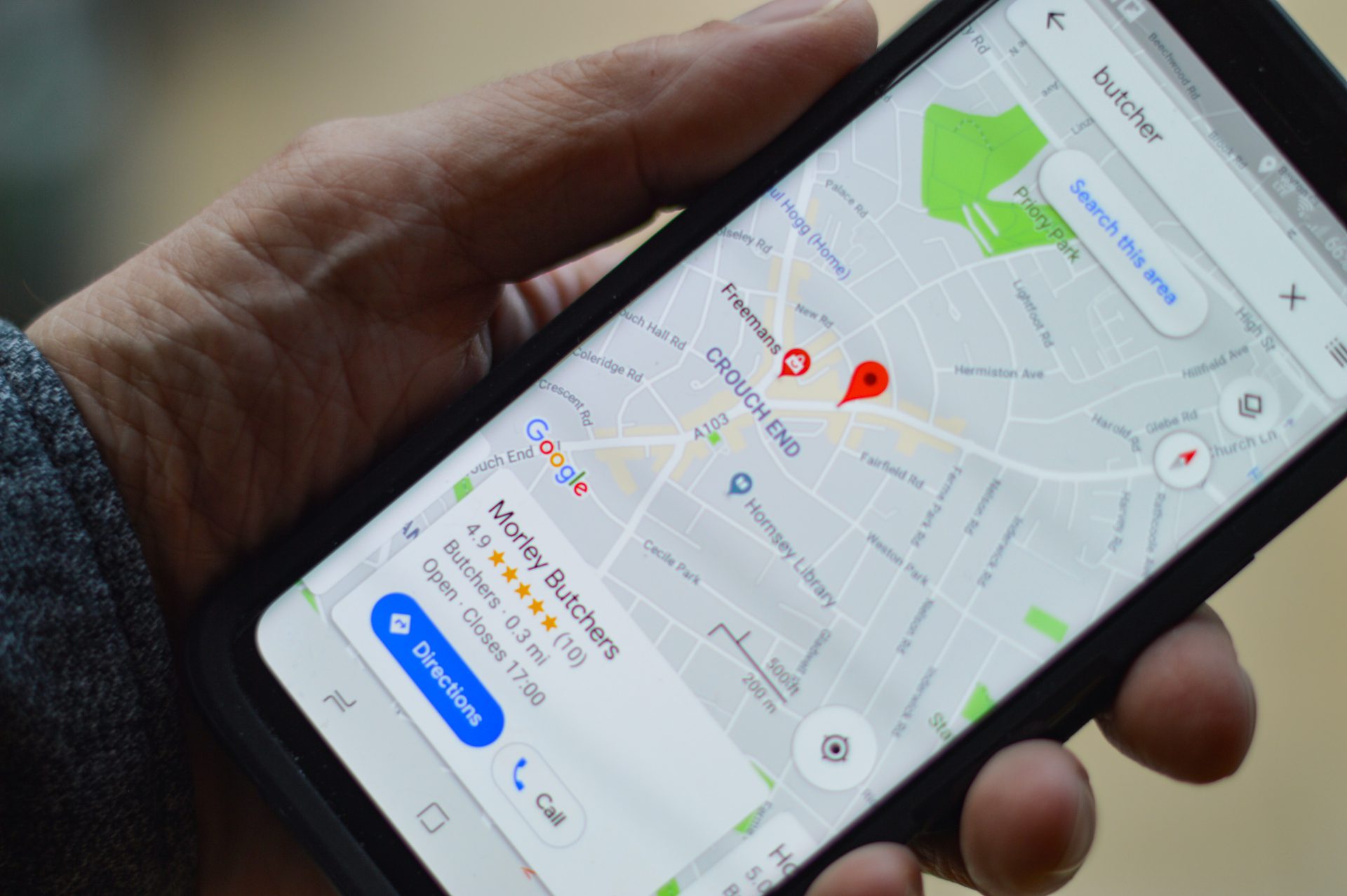Improve Customer Retention
Customer Retention
Every business wants to attract new customers, but keeping existing customers is equally important for long-term success. Customer retention is the process of retaining customers and keeping them loyal to your business. It is a crucial factor in determining the success of any business. In this blog post, we will discuss various strategies that businesses can adopt to improve customer retention.
1. Provide excellent customer service
The first and most crucial strategy for improving customer retention is to provide excellent customer service. Customers want to feel valued and appreciated, and providing them with great customer service is a surefire way to achieve this. Respond to their queries promptly, address their concerns, and always follow up to ensure they are satisfied with your service. Additionally, ensure your customer service representatives are well trained, friendly, and professional.
2. Personalize the customer experience
Personalizing the customer experience is another strategy for improving customer retention. Customers want to feel like they are more than just a number to your business. They want to feel appreciated and understood. Personalization can be achieved by tailoring your communication to meet their needs, providing them with personalized offers, and addressing them by name. By doing so, you create an emotional connection with your customers, and they are more likely to remain loyal to your brand.
3. Offer loyalty programs
Loyalty programs are a great way to incentivize customers to remain loyal to your business. They offer customers exclusive benefits such as discounts, free products, or early access to new products. These programs make customers feel appreciated and valued, and they are more likely to continue doing business with you. Additionally, loyalty programs can help you collect valuable customer data that can be used to further personalize the customer experience.
4. Build a community around your brand
Building a community around your brand is another effective way to improve customer retention. Customers want to feel like they are part of something larger than themselves, and building a community around your brand can provide them with that feeling. Encourage customers to share their experiences with your brand on social media, and engage with them on these platforms. Additionally, consider hosting events or webinars where customers can interact with your brand and each other.
5. Constantly innovate and improve
Constantly innovating and improving your products and services is another strategy for improving customer retention. Customers want to do business with companies that are always improving and offering something new. Pay attention to customer feedback and use it to improve your products and services continually. Additionally, keep up with industry trends and stay ahead of the curve by introducing new products and services.
6. Maintain a strong online presence
Maintaining a strong online presence is crucial for improving customer retention. Customers want to be able to find your business easily online, and they want to be able to interact with you on social media. Ensure that your website is user-friendly, and that it is optimized for search engines. Additionally, engage with customers on social media and respond to their queries promptly.
7. Encourage referrals
Encouraging referrals is another effective strategy for improving customer retention. Referrals from satisfied customers are an excellent way to attract new customers, and they also help to retain existing ones. Encourage customers to refer their friends and family to your business by offering incentives such as discounts or free products. Additionally, provide customers with the tools they need to refer others, such as referral codes or links.
8. Reward customer loyalty
Rewarding customer loyalty is another effective strategy for improving customer retention. Show your customers that you appreciate their business by offering them exclusive benefits or discounts. For example, you could offer a discount to customers who have been doing business with you for a certain number of years. This not only shows your customers that you value their business, but it also incentivizes them to remain loyal to your brand.
9. Use email marketing
Email marketing is an effective way to stay in touch with your customers and keep them engaged with your brand. By sending personalized emails to your customers, you can inform them about new products or services, offer exclusive discounts, and provide them with valuable content. Ensure that your emails are well-designed, mobile-friendly, and contain a clear call-to-action.
10. Offer exceptional after-sales service
After-sales service is an often-overlooked aspect of customer retention, but it is crucial for building long-term customer loyalty. Ensure that your customers are satisfied with their purchases by following up with them after the sale. Address any concerns or issues they may have, and offer them solutions. Additionally, provide them with after-sales support such as installation, maintenance, or repair services.
11. Use data analytics to personalize the customer experience
Data analytics can provide valuable insights into customer behavior and preferences. By analyzing customer data, businesses can gain a better understanding of their customers’ needs and preferences, and use this information to personalize the customer experience. Use data analytics to segment your customers based on their behavior, preferences, or demographics, and tailor your communication to meet their needs.
12. Be transparent and honest
Customers value honesty and transparency, and businesses that are open and honest with their customers are more likely to retain them. Be transparent about your products or services, pricing, and any issues or challenges your business may be facing. Additionally, be honest about your mistakes, and take responsibility for them. Customers appreciate businesses that are willing to admit their mistakes and take steps to rectify them.
13. Continuously monitor customer satisfaction
Monitoring customer satisfaction is crucial for improving customer retention. Use customer satisfaction surveys to gather feedback from your customers and gain insights into their experience with your brand. Analyze the data collected from these surveys, and use it to identify areas where you can improve the customer experience. Additionally, monitor customer feedback on social media, review sites, or other online platforms, and respond to any concerns or issues raised.
14. Offer a hassle-free returns policy
Offering a hassle-free returns policy can help to build customer trust and loyalty. Customers want to feel confident in their purchases, and a returns policy that is easy to understand and implement can provide them with that confidence. Ensure that your returns policy is well-communicated, easy to understand, and flexible.
15. Provide value-added services
Providing value-added services can help to differentiate your business from your competitors and improve customer retention. Value-added services are additional services or benefits that customers receive when they do business with your brand. These services could include free shipping, gift wrapping, or personalized recommendations. By providing these services, you create a more positive customer experience, and customers are more likely to remain loyal to your brand.
16. Be responsive to customer feedback
Being responsive to customer feedback is crucial for improving customer retention. Customers want to feel heard and valued, and businesses that respond to their feedback are more likely to retain them. Ensure that you have a process in place to collect and respond to customer feedback, and use this feedback to continuously improve your products, services, and customer experience.
17. Offer a VIP program
A VIP program is an exclusive program that offers additional benefits or privileges to your most loyal customers. These benefits could include early access to new products, personalized recommendations, or exclusive discounts. By offering a VIP program, you create a sense of exclusivity and reward your most loyal customers for their business.
18. Provide excellent product quality
Product quality is crucial for building customer loyalty. Customers want to be confident in the products they purchase, and businesses that offer high-quality products are more likely to retain them. Ensure that your products are well designed and inspected after manufacturing to ensure your end customer raves about your company.
To begin building your customer retention strategy, prioritize the customer experience. Start from the very beginning, thinking about how customers will find you, what they experience along the way throughout the customer journey and exactly how they feel after using your product or service.
When done correctly, your customers will trust you and promote your business because of the positive impact you have had on their lives.

Profitable Results
With ADVAGY, you’re not just getting a service—you’re gaining a partner dedicated to your success. Our combination of AI technology and human expertise delivers the results your business deserves.
If it would be appropriate to discuss the next steps, we invite you to chat with Addy, our AI-Chatbot for assistance. For everyone who wants to jump the line, let’s go!






